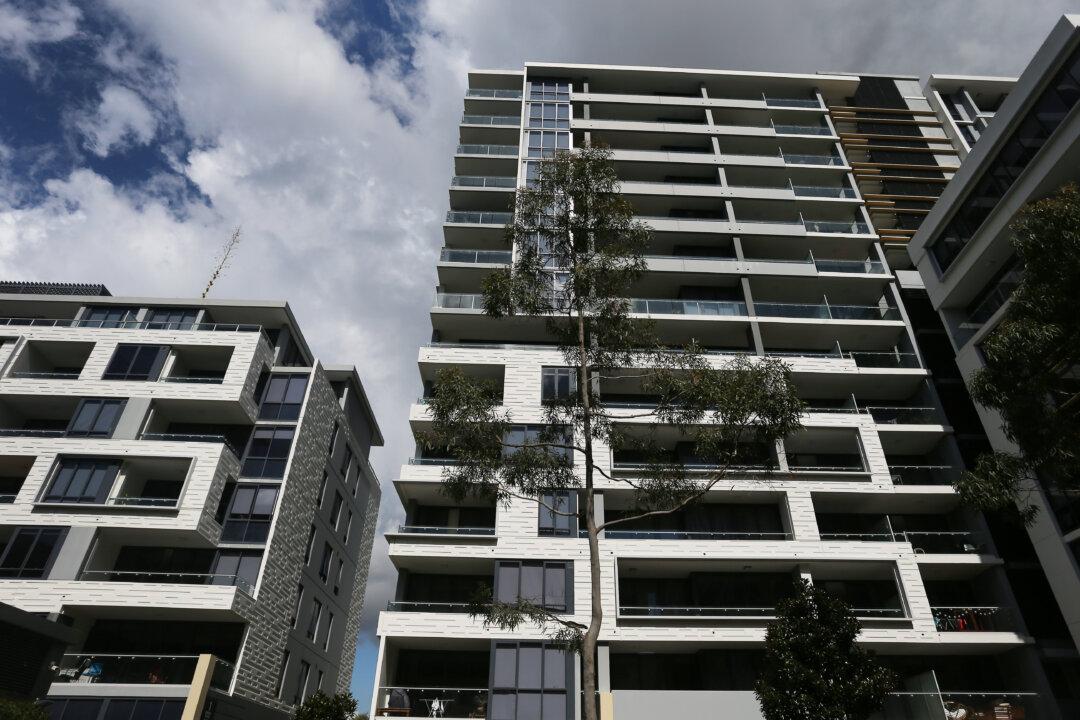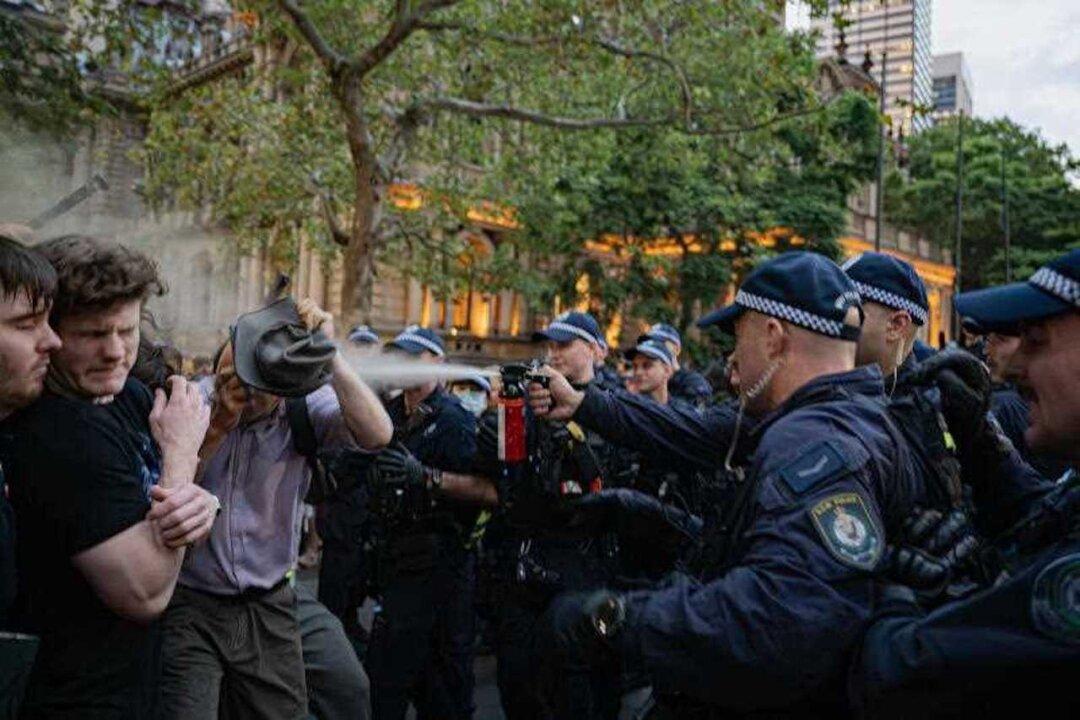Tenant advocates and real estate agents have criticised New South Wales (NSW) laws designed to help tenants amid warnings that bans on secret rent bidding will drive prices higher.
The proposed legislation would close loopholes that allow landlords and real agents to covertly solicit bids on rental properties and take offers without informing other prospective tenants.





